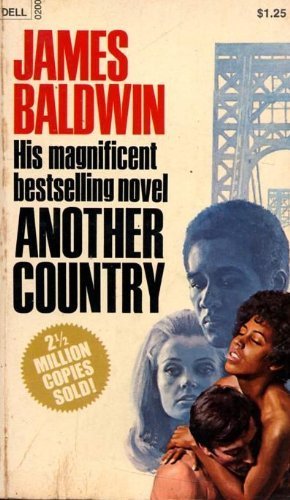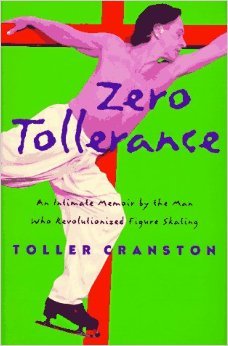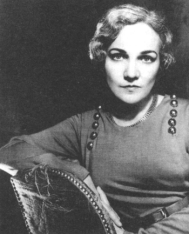Sextet
“Writing about music,” the saying goes, “is like dancing about architecture.” If it's meant to dissuade, the warning has gone unheeded: Over the years, a number of novels about music have ingeniously translated this notoriously languageless experience into English. In rock novels or the burgeoning genre of lit-hop, most of the action happens to non-musicians—the listeners populating record stores, high schools, the streets. The primary focus of the jazz novel, however, is the musicians themselves. No other form pays as much attention to the players, their instruments, and the music as it is











